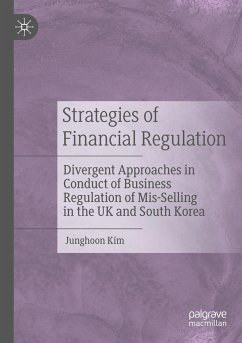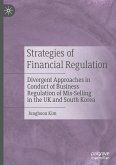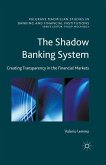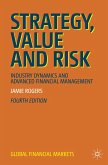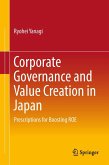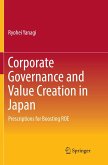This book analyses different strategies and their results in implementing financial regulation in terms of rule-making, public enforcement and private enforcement. The analysis is based on a comparative study of conduct of business regulation on mis-selling of financial instruments in the UK and South Korea. It extends into liquidity regulation in the banking sector and credit rating agency regulation. The book concludes that in rule-making, purposive rules are more effective for achieving regulatory goals with minimal undesirable results, but a rule-making system with purposive rules can only work on a foundation of trust among rule-makers, enforcers and the regulates, that with respect to public enforcement, the enforcement strategies should combine the compliance-oriented and deterrence-oriented approaches and be continuously adjusted based on close monitoring of the regulatory outcomes and that in private enforcement, regulation should be instituted as the minimum requirementin private law.

